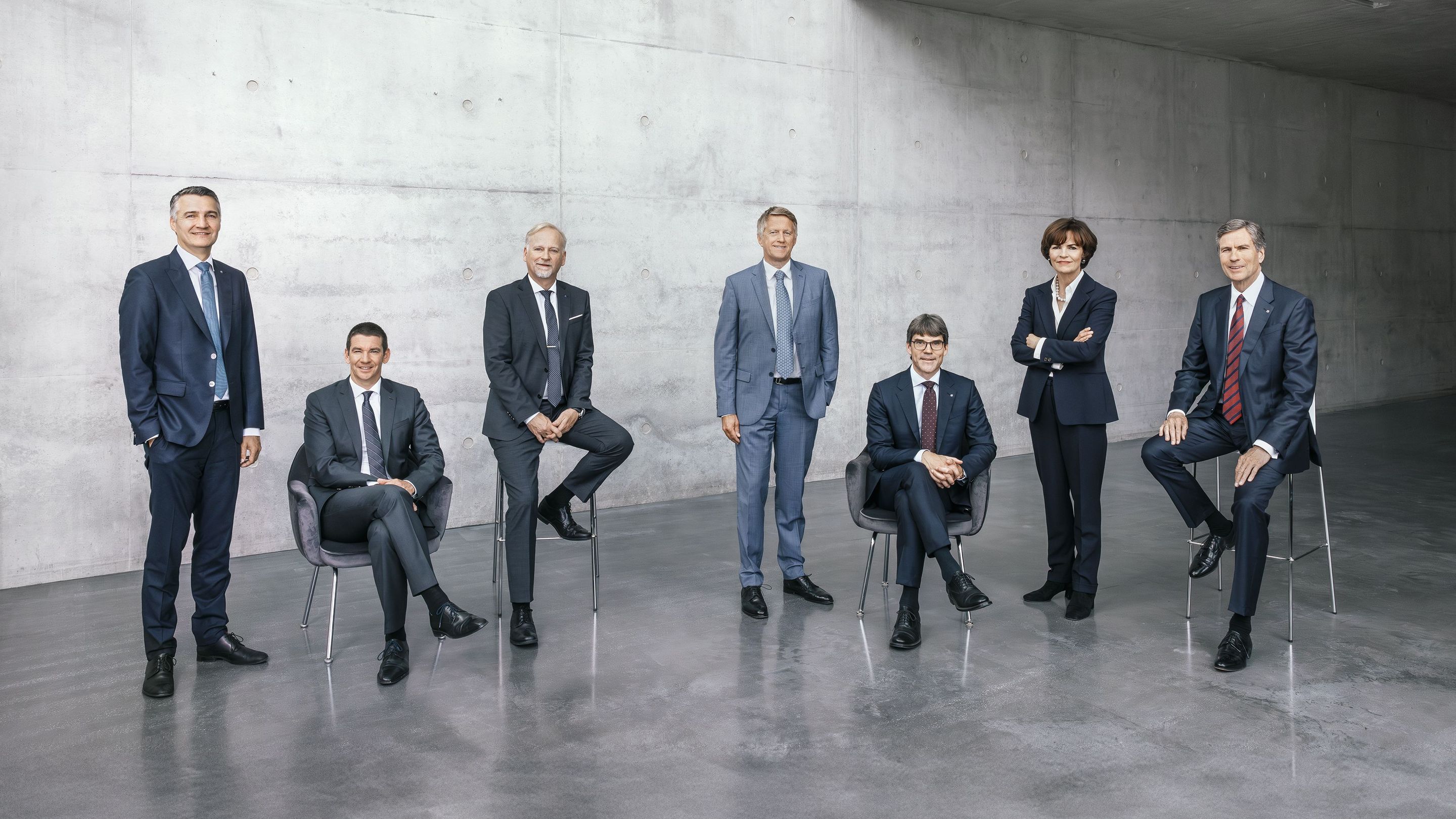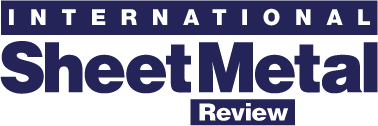
A strategy for success
Submitted by:
Sara Waddington
ISMR attended TRUMPF’s INTECH exhibition at its headquarters in Ditzingen, Germany. The company highlighted its continuing use of AI (artificial intelligence) and introduced a range of new machines, solutions and services.
===
TRUMPF was founded in 1923 as a series of mechanical workshops and has since developed into one of the world’s leading companies for machine tools, laser technology and electronics for industrial applications. It drives digital connectivity in manufacturing through consultancy, platform products and software.
In the 2023/24 fiscal year, the company (with its 19,018 employees) generated sales revenues of 5.2 billion euros. TRUMPF has production facilities in Germany; France; the United Kingdom; Italy; Austria; Switzerland; Poland; the Czech Republic; the United States; Mexico and China.
This April, ISMR was invited to attend TRUMPF’s INTECH exhibition at its headquarters in Ditzingen (near Stuttgart in Germany). The company highlighted its continuing use of AI (artificial intelligence) and introduced a range of new machines, solutions and services during the exhibition.
An eye on AI
Dr. Stephan Mayer, TRUMPF CEO for Machine Tools, and Dr. Hagen Zimer, TRUMPF CEO for Laser Technology, debated advances in artificial intelligence technology during the INTECH exhibition. Artificial intelligence is key to taking machine tools and laser technology to the next level of productivity, Mayer and Zimer told the audience at INTECH, explaining how TRUMPF uses AI for its machines, software and services.
The company is continuing to expand its activities in artificial intelligence (AI), with its vision to become “the leading user and leading provider of AI solutions in our industry.” It has been strengthening and coordinating its AI activities with a new competence centre to make internal processes more efficient, with the help of AI.
The sheet metal specialist recognises AI’s potential for increasing productivity in, for example, software development and administrative areas. It also continues to bring more AI innovations to market for its customers in the machine tool, laser technology and electronics sectors. This included the launch of a solution for the automated sorting of 2D laser-cut parts using SortMaster Vision last October at the EuroBLECH exhibition in Hanover (Germany). This enables a robot to autonomously recognize separated metal parts using AI-supported image recognition.
“AI is a ‘must-have’ for today’s manufacturers,” explained Dr. Stephan Mayer, TRUMPF CEO for Machine Tools, at INTECH. “There is a lot of commoditisation globally in today’s hardware (machines, lasers and optics etc.). So, the next step is how to leverage this technology and make it more ‘intelligent’. AI integrated into TRUMPF machines can achieve this. With global labour shortages affecting manufacturers worldwide, automation and AI-enabled machinery can help to plug the gaps and differentiate our customers’ production operations. AI is already helping to make automation more robust (using assisted vision applications, for example), with no manual programming needed.”
“AI is a tool that we use to make our customers more successful,” agreed Dr. Hagen Zimer, TRUMPF CEO for Laser Technology, explaining how the company uses software, sensors and data mining to help its customers to streamline and refine their production operations. “We want to use AI to eventually guarantee the quality of our customers’ shopfloor operations.”
However, AI is also a disruptive technology that will engender changes to the way that manufacturers, such as TRUMPF, operate and will affect business models. Both Mayer and Zimer outlined some of the challenges with the technology (around acceptance, compliance etc.). That said, there are still numerous applications for AI in sheet metal production. Sheet metal manufacturers need high levels of quality, productivity and machine run-time. AI-analysed data gives TRUMPF a window into each of these areas, which it flags to customers and immediately acts upon.
Reliable data is key to AI learning capabilities and TRUMPF has accordingly invested significantly in data gathering and data security over the last few years. The first step was to standardise (TRUMPF chose the OPC-UA industry standard) to gather the data and connect its machinery to the internet.
To read the rest of this article in the May 2025 issue of ISMR, see https://joom.ag/HBjd/p28
